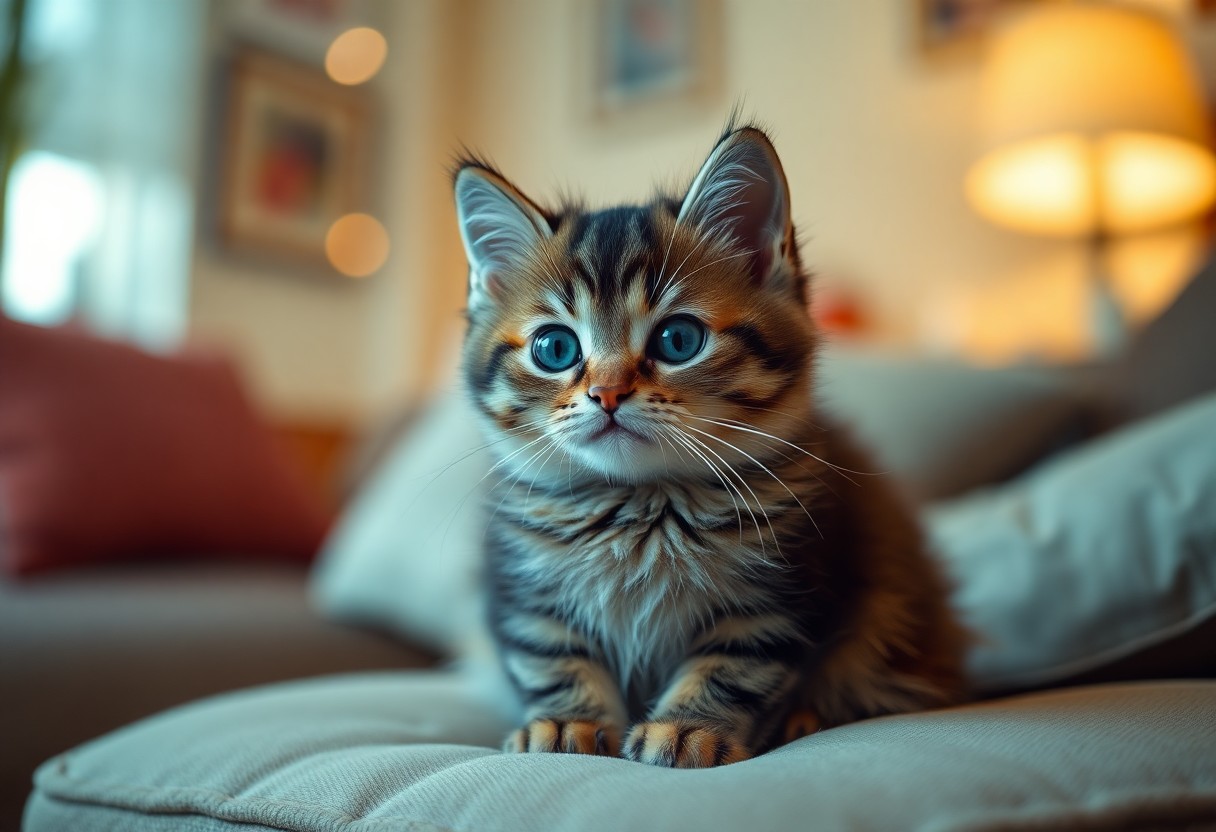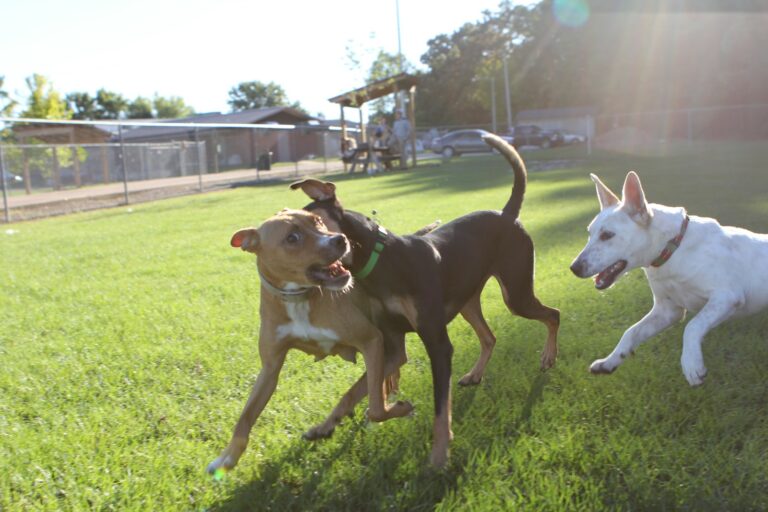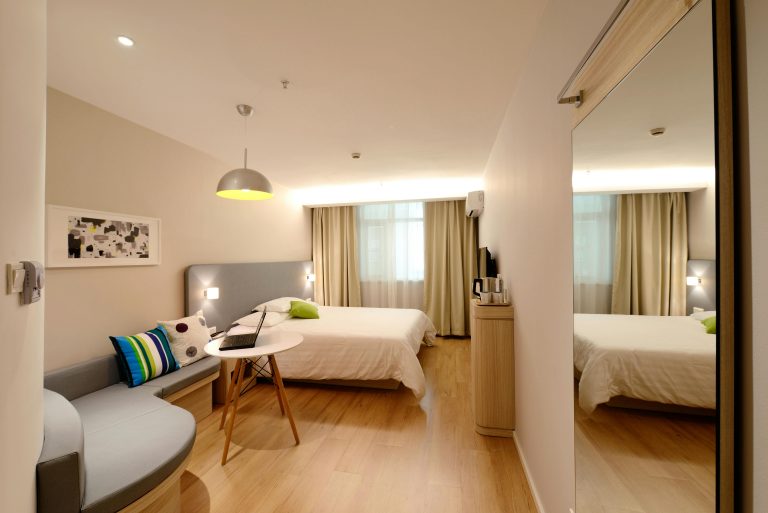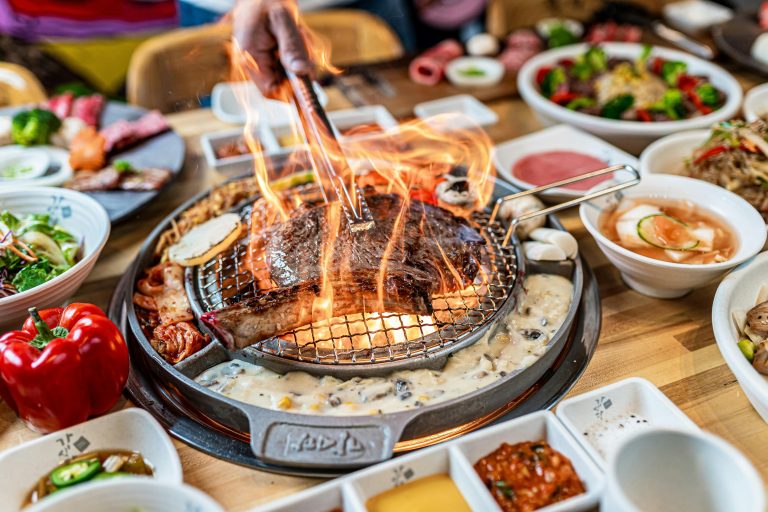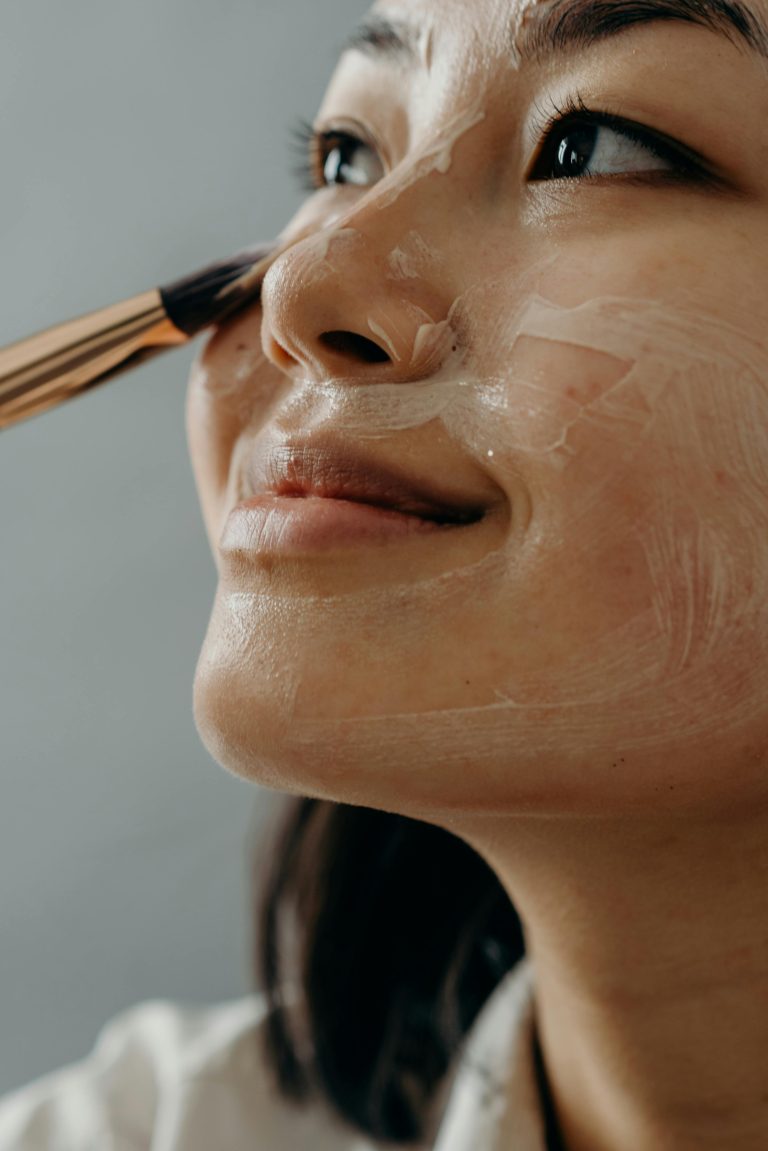Just when you think you know everything about Munchkin cats, there’s more to uncover about their fearful traits. While their adorable short legs make them a unique breed, it’s important to understand the health challenges they face, including potential issues like arthritis. Join me as we explore what makes these ‘sausage cats’ special, the risks associated with their genetic mutation, and how you can ensure your Munchkin thrives with the right care.
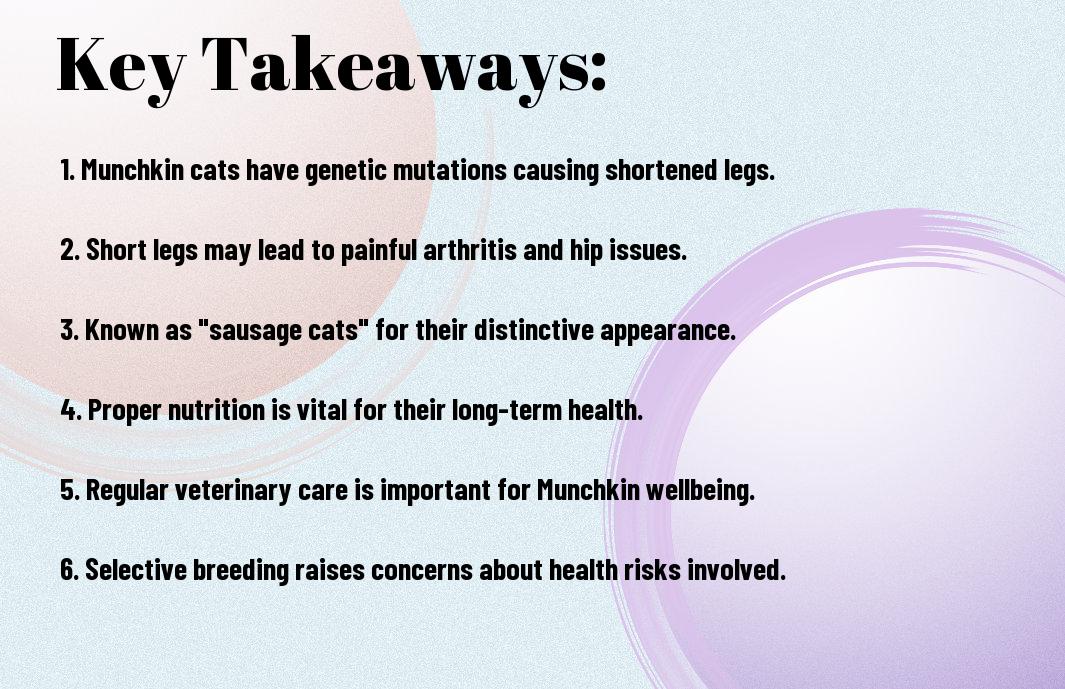
Unique Characteristics of Munchkin Cats
The Munchkin cat is a truly distinctive breed that captures the hearts of cat enthusiasts everywhere. With their adorable short legs and playful personalities, these cats offer a unique blend of charm and character. Not only do they have an interesting appearance, but they also possess many traits that set them apart from other breeds, making them truly one-of-a-kind companions. Whether you’re drawn in by their looks or their delightful demeanour, there’s no denying that Munchkin cats are an endearing addition to the feline world.
The Genetic Mutation
After diving deeper into the Munchkin breed, I discovered that the adorable short legs are the result of a genetic mutation. This hereditary trait, which can occur in both purebred and domestic cats, has led to the creation of these charming little creatures we cherish. Although the mutation creates such a captivating appearance, it’s important to understand the potential health implications associated with it. Some Munchkins may be prone to certain conditions, but with proper care, they can lead fulfilling lives.
Physical Traits
Before discussing their captivating personality, let’s probe into the physical attributes that make Munchkin cats so unique. Their defining feature, of course, is their short legs. However, they also possess a well-proportioned body, with a long torso and an average-sized head. Their overall appearance adds to their uncluttered aesthetic, making them appear even more adorable. Munchkins come in a variety of colours and patterns, which gives them an extra touch of charm.
To appreciate Munchkin cats fully, it’s important to also note how these physical traits affect their movements. Their short legs may limit their jumping abilities, yet they are surprisingly agile. You’ll find them scurrying around with spirited energy, often opting to dash or scamper instead of leaping. It’s truly delightful to watch them engage in play, as they often find clever ways to navigate their environment, proving that being diminutive doesn’t hinder their playful spirit in the least!
Common Health Issues
There’s no denying that Munchkin cats, with their adorable short legs, can face some unique health challenges. Because of their genetic mutation, they can develop certain health issues that you should be aware of if you have one of these quirky companions. It’s important to stay informed and proactive about their health to ensure your Munchkin leads a happy and fulfilling life.
Arthritis
Between the ages of two and seven, many Munchkin cats can start to show signs of arthritis, a condition that stems from their skeletal deformities. This painful condition can affect their mobility, causing discomfort when they jump or play. It’s vital to watch for any signs of limping or reluctance to engage in activity—they may not be as sprightly as they used to be, and you’ll want to consult your vet if you suspect arthritis might be the culprit.
Hip Dysplasia
One health issue that Munchkins might experience is hip dysplasia. This condition occurs when the hip joint doesn’t fit properly into the hip socket, leading to arthritis and pain over time. If you notice your Munchkin being less active or having difficulty moving around, it’s always a good idea to get them checked out by a vet, as early intervention can make a difference in their quality of life.
Also, regular check-ups and a suitable diet can help manage the symptoms of hip dysplasia. By staying vigilant and providing your Munchkin with the right support, you can help maintain their comfort and mobility, ensuring they continue to thrive in your home. If you ever have concerns, don’t hesitate to reach out to your vet for advice tailored specifically to your furry friend.
Personality Traits
Not all cats are created equal, and Munchkin cats carry an enchanting blend of personality traits that make them truly unique. Their charming nature often captivates the hearts of those lucky enough to share their home with these adorable feline companions. You might find that Munchkins are typically spirited, loving, and a bit cheeky, adding a delightful vibrancy to your life. Their playful antics can keep you entertained for hours, and their affectionate disposition often leads them to form strong bonds with their human family members.
Playful Nature
By nature, Munchkin cats are incredibly playful. Their short legs don’t hinder their ability to leap and bound around the house, often surprising onlookers with their agility. They enjoy playing with feather toys, chasing after balls, or participating in classic hide-and-seek games. It’s as if they possess an endless reservoir of energy, ready to entertain you with their delightful gambols.
Social Behavior
By embracing their social side, Munchkin cats often flourish in environments where they can interact with their human companions and other pets. Their friendly demeanour makes them curious about the world around them, encouraging them to explore and engage with both familiar and new faces. You may find that your Munchkin possesses a natural ability to socialize, making them the center of attention during gatherings or family events.
Playful Munchkins adore being involved in family activities and often display affectionate behaviour towards their owners and other pets. They tend to thrive on companionship, so if you’re looking for a cat that loves to be around you, a Munchkin could be the ideal friend. Their social behaviour not only enhances their playful antics but also ensures a warm and lively atmosphere in your home.
Nutrition for Munchkin Cats
Many Munchkin cat owners may not realise the specific nutritional needs required to keep these delightful felines healthy and vibrant. Given their unique stature, Munchkin cats can be more susceptible to certain health issues, which makes it even more important to ensure they receive a balanced diet tailored to their individual needs. A diet rich in high-quality protein, healthy fats, and important vitamins can contribute significantly to their overall wellbeing. It’s important to pay attention to the ingredients in their food and opt for those that source high-quality meats, as this will provide the energy and nutrients your little companion needs to thrive.
Dietary Needs
Any cat, including Munchkins, requires a balanced diet that provides all the necessary nutrients to support their health and lifestyle. Since Munchkin cats can be prone to obesity due to their shorter stature, it is vital to monitor their caloric intake and ensure they do not overindulge in treats or extra portions. You should strive to feed your Munchkin a mixture of wet and dry food, as both types can offer benefits. Wet food can help with hydration, while dry food can help maintain dental health, providing a comprehensive approach to your cat’s dietary needs.
Recommended Foods
After considering the unique traits of Munchkin cats, I often recommend quality commercial cat foods that specifically cater to their nutritional requirements. Look for options that are grain-free or contain limited grains, as some Munchkin cats may have sensitivities to certain fillers. Brands that focus on high protein content from real meat sources are particularly beneficial. It’s wise to avoid artificial preservatives and additives, as they can lead to long-term health issues. As always, consulting your veterinarian for recommendations based on your cat’s specific health profile is advisable to ensure you are making the best choices.
To give your Munchkin the best possible diet, I encourage you to explore both wet and dry food options, ensuring they contain high-quality ingredients. Incorporating protein-rich foods such as chicken, turkey, and fish will help meet their dietary needs. Additionally, consider providing occasional treats, but be sure they are healthy and specifically designed for cats. A well-thought-out diet will not only support your Munchkin’s physical health but can also enhance their playful and affectionate temperament, making for a happy and lively companion.
Regular Veterinary Care
Despite their adorable appearance and playful quirks, Munchkin cats require diligent regular veterinary care to thrive. I find that many cat owners, especially those smitten by their unique stature, may overlook just how important it is to ensure these little ones receive the same level of medical attention as any other breed. Regular check-ups can help identify potential health problems early on, allowing for timely intervention that can significantly enhance your cat’s quality of life. This is particularly crucial for Munchkins, as their genetic predisposition to certain health issues makes routine veterinary visits even more vital.
Importance of Check-ups
To keep your Munchkin cat healthy, consistent veterinary check-ups should be a top priority. During these visits, the vet will assess your cat’s overall health, monitor any changes in weight, and check for common problems related to their unique skeletal structure. I always think of these appointments as an opportunity not just for a health assessment but also to foster a stronger bond with my furry companion. Plus, your vet can offer tailored advice on diet and lifestyle that suits your cat’s specific needs, which is invaluable in ensuring they remain happy and active.
Vaccinations and Preventive Care
Regular vaccinations and preventive care are indeed fundamental aspects of keeping your Munchkin cat safe from diseases. By staying up to date with vaccinations, you protect your cat from potential health threats that could derail their well-being. I find that discussing the vaccination schedule with my vet helps me understand which vaccines are crucial based on my cat’s lifestyle. Preventive care goes beyond just vaccinations; regular dental check-ups, flea and worm treatments, and discussions on nutrition can all contribute greatly to your Munchkin’s health and happiness.
It is crucial to ensure your Munchkin receives all necessary vaccinations, as they can prevent the onset of severe illnesses. By working closely with your vet, you can create a personalised healthcare plan that includes not only vaccines but also regular screenings and preventive measures, catering to keeping your cat healthy for many years to come. This proactive approach can truly make a difference in how vibrant and energetic your little friend remains.
Caring for Your Munchkin Cat
Unlike many other breeds, Munchkin cats require a bit of extra care due to their unique physique. Their short legs mean they might not be as agile as other cats, which can affect their activities and general health. I find that providing proper nutrition is vital to help maintain their overall well-being, focusing on high-quality cat food that supports their joints. Regular veterinary visits are also a must to monitor for any potential issues stemming from their genetic predisposition, especially concerning arthritis and hip problems.
Exercise and Playtime
Along with having a balanced diet, exercise is vital for your Munchkin cat’s health. Although they may not jump as high as their long-legged counterparts, it’s important to engage them in playtime that stimulates both their minds and bodies. Simple toys like feather wands or laser pointers can provide the necessary activity they crave without placing undue strain on their joints. I often set up small obstacle courses or use interactive toys that allow my Munchkin to explore while being physically active.
Safe Living Environment
With Munchkins being less agile, it’s vital to create a safe living space tailored to their needs. This means ensuring that there are no high places for them to leap off from, which could lead to injury. I make sure to remove any sharp objects or potential hazards that they could encounter while exploring their surroundings. Additionally, providing comfortable resting places that are easily accessible will keep them content and safe.
In addition to ensuring a secure environment, it is vital to provide enrichment that stimulates their natural instincts. Setting up scratching posts, cushioned spots for lounging, and safe spaces for exploration can keep your Munchkin entertained and happy. A dedicated play area with toys they can easily reach will help prevent boredom while encouraging healthy activity without risking their safety. By tailoring your home environment to suit your Munchkin cat’s specific needs, you will create a nurturing habitat that promotes their well-being.
So, as I reflect on the fearful traits of Munchkin cats, it’s imperative to recognise the responsibilities that come with bringing one of these unique felines into your home. While their adorable short legs make them truly stand out, the genetic mutation that defines them can also lead to health issues such as arthritis and hip problems later in life. It’s vital that, as an owner, I commit to providing my Munchkin with a balanced diet, regular vet check-ups, and all the love and attention they deserve. This way, I can help ensure that they enjoy a long and healthy life despite their physical limitations.
By understanding the potential challenges faced by Munchkin cats, we become better equipped to care for them. It’s not just about their quirky appearance; it’s about their well-being and happiness. When I take the time to learn about the specific needs of my Munchkin, I’m doing my part to keep them comfortable and safe. Ultimately, the joy they bring into my life is immeasurable, and ensuring their health and happiness is a rewarding journey that I cherish every day.
FAQ
Q: What health issues are common in Munchkin cats due to their genetic mutation?
A: Munchkin cats are prone to several health issues primarily due to their genetic mutation that causes their short legs. These can include osteoarthritis, which may lead to severe and painful joint conditions. Additionally, they may be at risk of other mobility issues as they age, and it’s necessary for owners to maintain regular veterinary check-ups to monitor their health and address any problems early on.
Q: How can I ensure my Munchkin cat has a healthy diet?
A: Providing a balanced diet is vital for the health of a Munchkin cat. It is recommended to feed them high-quality cat food that is appropriate for their age, weight, and health condition. Consulting a veterinarian can help in determining the best dietary plan. Additionally, ensure that your Munchkin maintains a healthy weight to reduce stress on their joints.
Q: Are Munchkin cats known for any behavioural traits that could be concerning?
A: While Munchkin cats are often affectionate and social, some individuals may display timid or fearful behaviours, particularly if not adequately socialised from a young age. This breed can sometimes be sensitive to new environments and experiences. Encouraging positive interaction and gradually introducing them to new situations can help mitigate these fearful traits.
Q: What steps can I take to minimise the risk of arthritis in my Munchkin cat?
A: To reduce the risk of arthritis in Munchkin cats, owners can provide a well-balanced diet, ensure they maintain a healthy weight, and encourage regular, gentle exercise. Moreover, providing a comfortable living environment with soft bedding and limited jumping or climbing can help protect their joints as they develop. Regular veterinary visits are also important to monitor their joint health as they age.
Q: Is it necessary to adjust my home environment for a Munchkin cat?
A: Yes, creating a Munchkin-friendly environment is necessary. Due to their short legs, they may struggle to reach high places or navigate stairs. Providing low-height cat trees or platforms, as well as easy access to their food, litter box, and resting areas, can make it easier for them to live comfortably. Avoiding any hazards that could cause them to jump or fall is also advisable.
